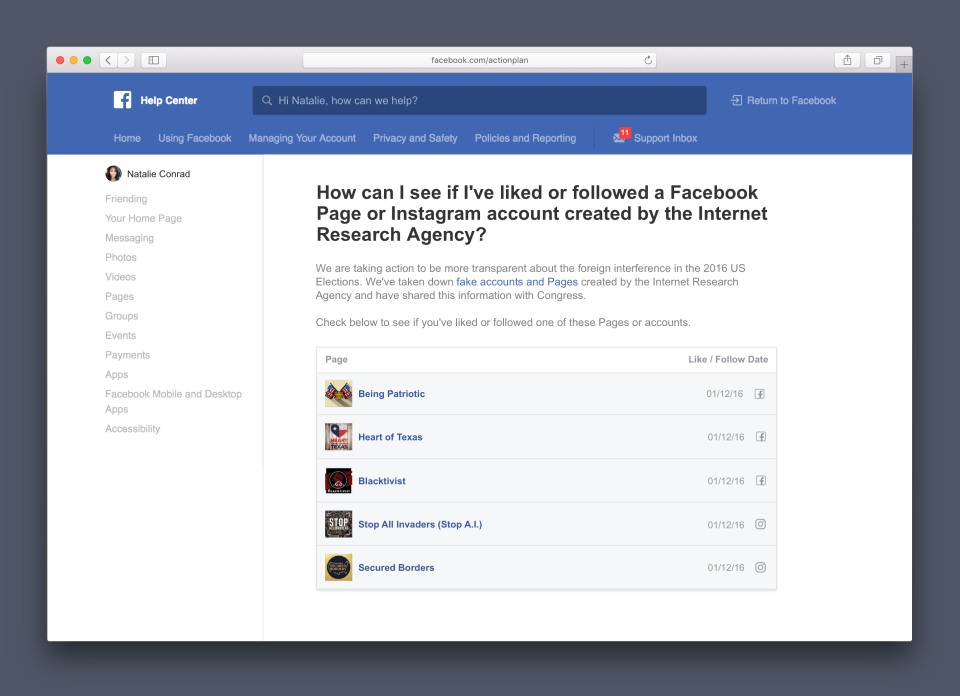Since the news broke earlier in the week about Facebook’s massive Cambridge Analytica data breach, it has got worse and worse for the social network. At a time of such crisis, when billions of dollars are being wiped off Facebook’s share value, arguing over whether over 50 million users’ data being used for a type of psychological warfare can be classed as a “breach” is a joke. Add to this that head honcho, Mark Zuckerberg, has been called to speak to the UK parliament about Facebook’s apparent deception and it is clear that a complete lack of leadership is making a bad situation much worse.
With so much going on right now it’d be easy to forget that Facebook has been stumbling from one crisis to another for quite some time now. Perhaps the lack of leadership comes from the fact that the leaders at Facebook have no clue what they’re doing or how they’re going to get Facebook out of this crisis. There is one area, however, that they have taken decisive action and that is in trying to help users know if they’ve helped spread fake news or content from Russian troll farms.
Most of this type of content comes in the form of right-wing, anti-immigrant, and nationalist rhetoric but the hard left has also seen its fair share of targeted nonsense designed to galvanize their point of view. It isn’t just bots either. Troll farms in Russia have hundreds of employees spewing out exactly what extremists want to hear so that thousands of bots can then like and legitimize the extreme point of view.
The results have seen chaos reign with the results of the 2016 British Referendum on Membership of the EU and the US Presidential Election of the same year heavily affected by these false social media campaigns. There is no proof yet that Russian troll farms and Cambridge Analytica were in cahoots but everything that has come out this week supports the theory that Cambridge Analytica knowingly used Russian disinformation to help Trump win the presidency.
With the uncertain future now facing the Western world, as the UK is now set to withdraw from the most successful peace treaty ever drafted and the US is publicly scorning NATO, the social networks that facilitated this spread of misinformation have come under a lot of fire.
In response to all this; Facebook has acted and will help users to find out if they liked, followed, or shared content created by a Russian linked organization called The Internet Research Agency. Facebook said:
“As part of that continuing commitment, we will soon be creating a portal to enable people on Facebook to learn which of the Internet Research Agency Facebook Pages or Instagram accounts they may have liked or followed between January 2015 and August 2017. This tool will be available for use by the end of the year in the Facebook Help Center.”

The Internet Research Agency is a name used by a Russian troll farm. It operated across a range of social networks including Facebook and Twitter. Before Facebook removed it, The Internet Research Agency was running accounts like Secured Borders, which posted US-based anti-immigration content. It was made to look like local grass-roots organizations in the US were sponsoring the page, but it turned out that the Kremlin was responsible for the page.

Six app settings that are devouring your mobile data
Find out NowThe new tool that Facebook will be rolling out will help users find out about the other pages that were run by The Internet Research Agency and if they liked or shared any of its content.
What do you think about this news from Facebook? Is it too little too late or are you happy to see Facebook taking a stand against the types of actions that put an informed democracy at risk? Are you even worried at all about these types of accounts? We’d love to know your thoughts on this issue and hope to hear from you in the comments below.
Via: Facebook, Just Security, Tech Crunch, Business Insider, and Naked Security
Follow me on Twitter: @PatrickDevaney_
This article was originally published in December but has since been updated.



